Nordic people seem to live in 'another version' of modern society.
They have high taxes and high welfare, yet rarely complain;
They do not love to show off, do not compete excessively, and do not engage in internal strife. There are no luxury advertisements on the streets, and the wealthy dress as modestly as a librarian;
They are not anxious about the future, trust the government, and feel a sense of control over their lives.
How is this achieved?
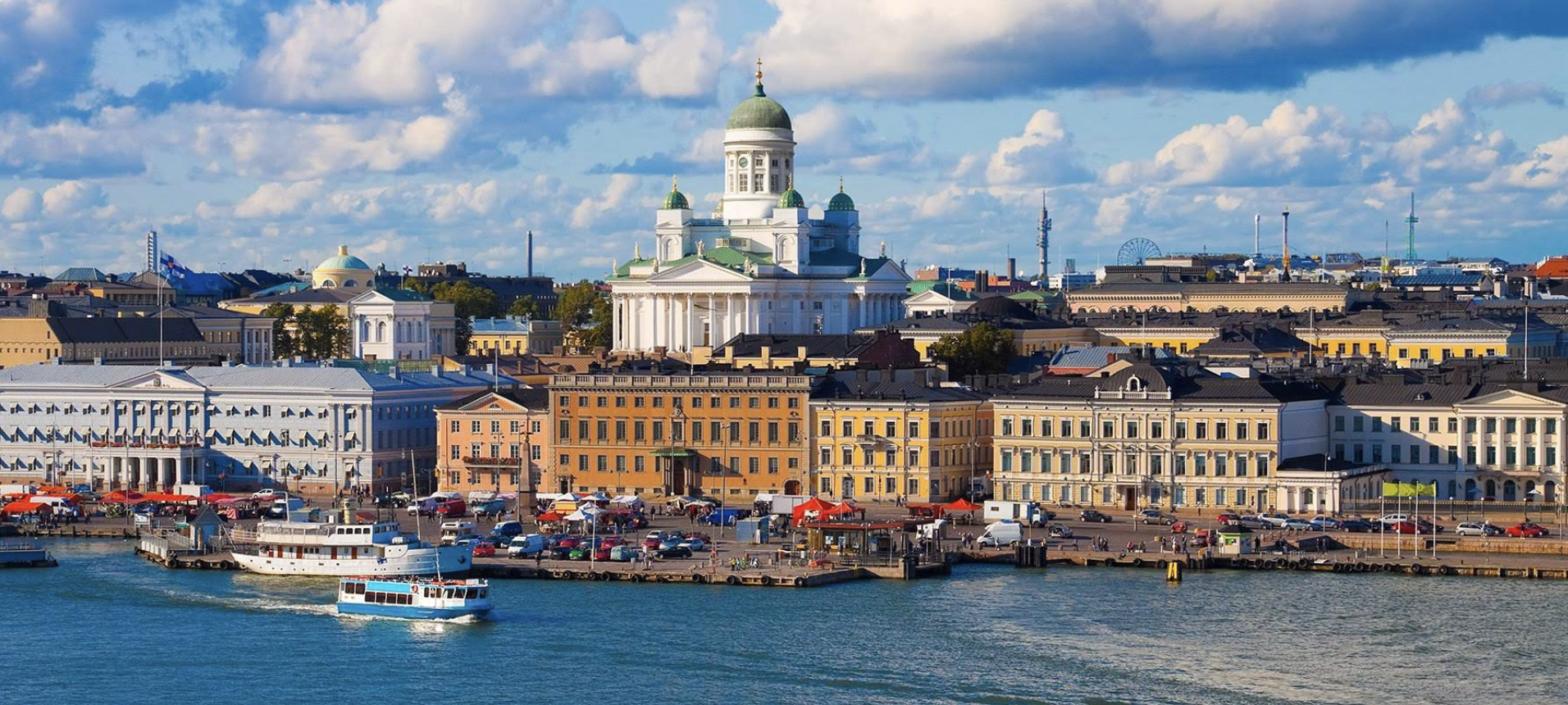
The stability, equality, and order of Nordic society is backed by a systematic design that encompasses institutions, culture, beliefs, and geographical environment.
✅ They are not 'being supported'; they are 'participating'
In the Nordics, 'taxpayer' is not a bitter label, but a form of identity.
People generally see themselves as 'partners' in society: paying taxes is not giving up wealth, but investing in public life.
Whether they are supermarket staff, engineers, or doctors, everyone enjoys equal rights to vacation, healthcare, education, etc.; this equality is not a slogan, but a reality.
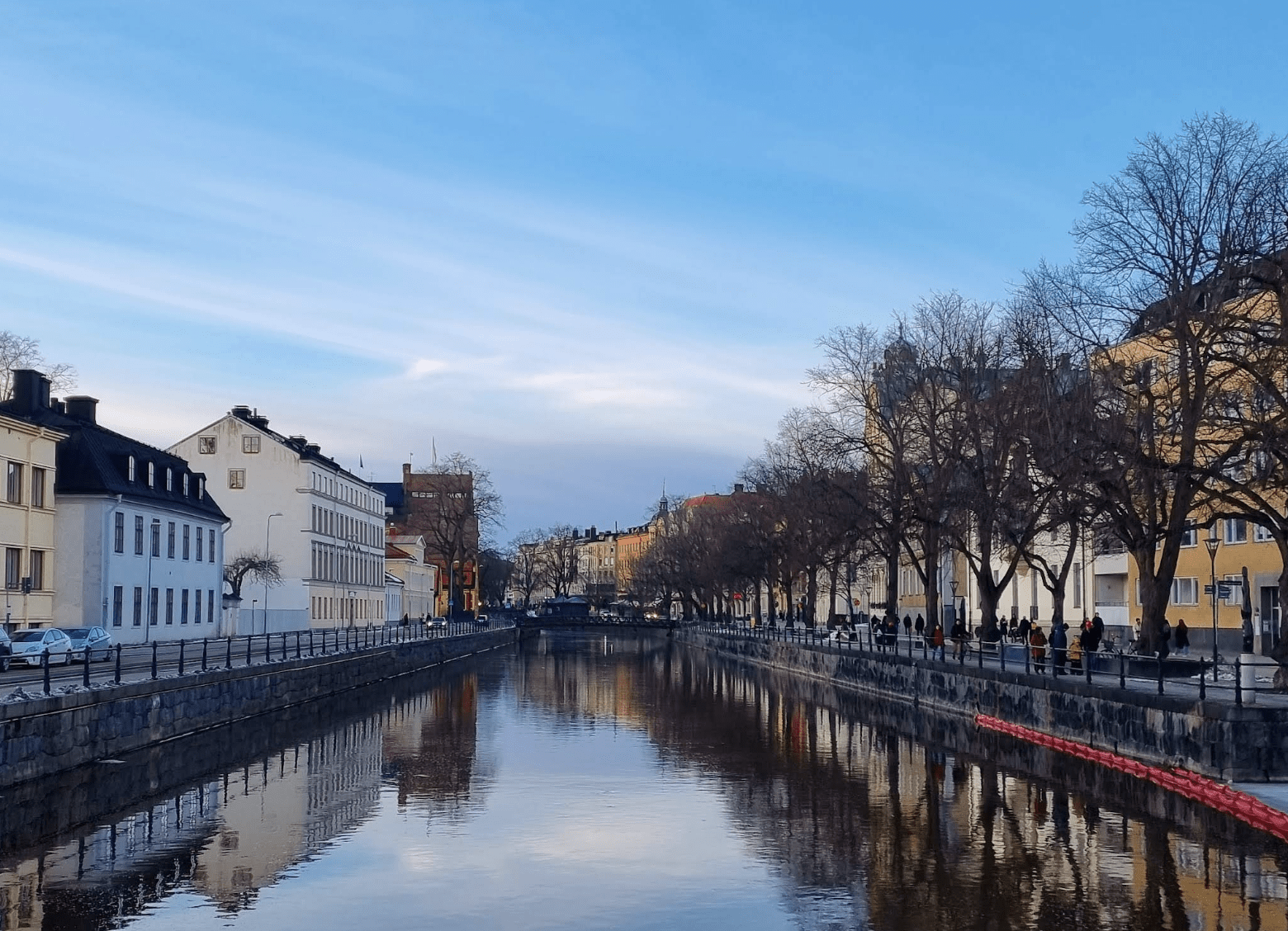
✅ Belief establishes the foundation of the system: equality precedes freedom
Most Nordic countries adhere to 'Lutheranism', emphasizing direct communication between individuals and God, opposing the monopoly of intermediary classes.
This has evolved into a cultural gene of 'de-hierarchy and emphasis on equality' at the social level.
In contrast, American Protestant culture emphasizes 'the chosen people', encouraging personal struggle and self-reliance.
✅ 'High taxes and high guarantees' is not something everyone can replicate
Nordic governments have an extremely high capacity for financial allocation. The national budget is open and transparent, with widespread public participation, supervision, and trust.
The use of taxes is clear and precise, truly returning to the populace, which is why people are willing to continuously support the public system.
This is not 'efficiency over fairness', but rather treating fairness as part of efficiency.
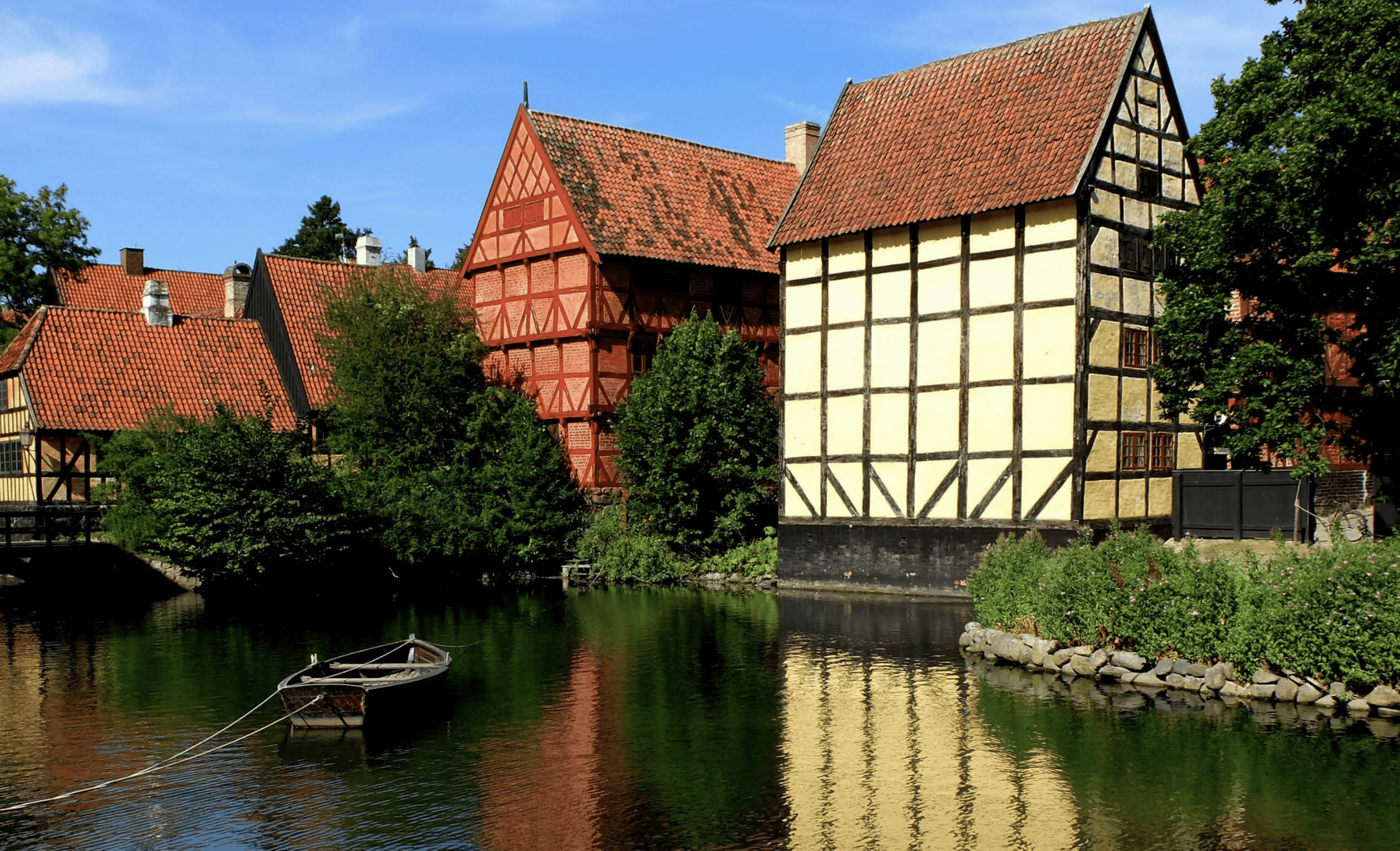
✅ Geography and climate have also shaped their collective choices.
Long winters and scarce resources have turned 'mutual aid' and 'order' into survival instincts.
When daylight lasts only a few hours, you cannot expect the market to naturally allocate social resources.
Collectivism + institutional trust is their common choice to combat uncertainty.
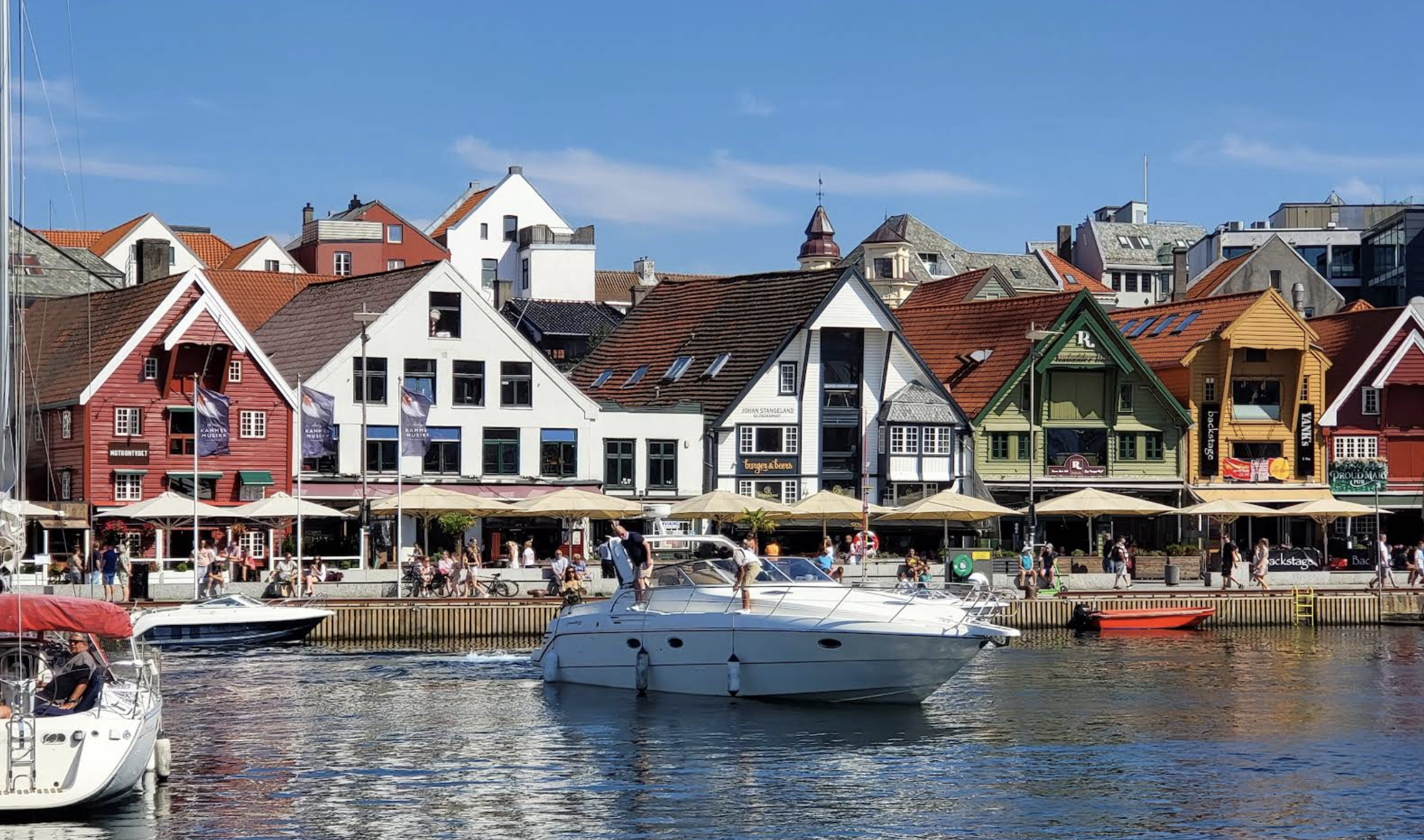
✅ Why do they not flaunt their wealth, while we are caught up in consumerism?
In the Nordics, luxury goods advertisements are almost unseen. Wealthy individuals earn respect not through ostentation, but through a sense of social responsibility.
This is completely different from the Southern European culture of 'wealth is a blessing from God' or the Chinese belief that 'consumption = proof of value'.
Many Chinese people are eager to buy luxury brands, which in fact is a way of combating an inner anxiety of 'I am not sure if I deserve respect'.
✅ The antidote to an anxious society is not more consumption, but stronger guarantees.
Nordic people are not 'anxious' because they are more zen, but because they have confidence.
When you know that there are systems to support you regardless of poverty, illness, or aging, you naturally don't need to prove anything through material possessions on social media.
High welfare is not a gentle trap but a manifestation of mature institutions.
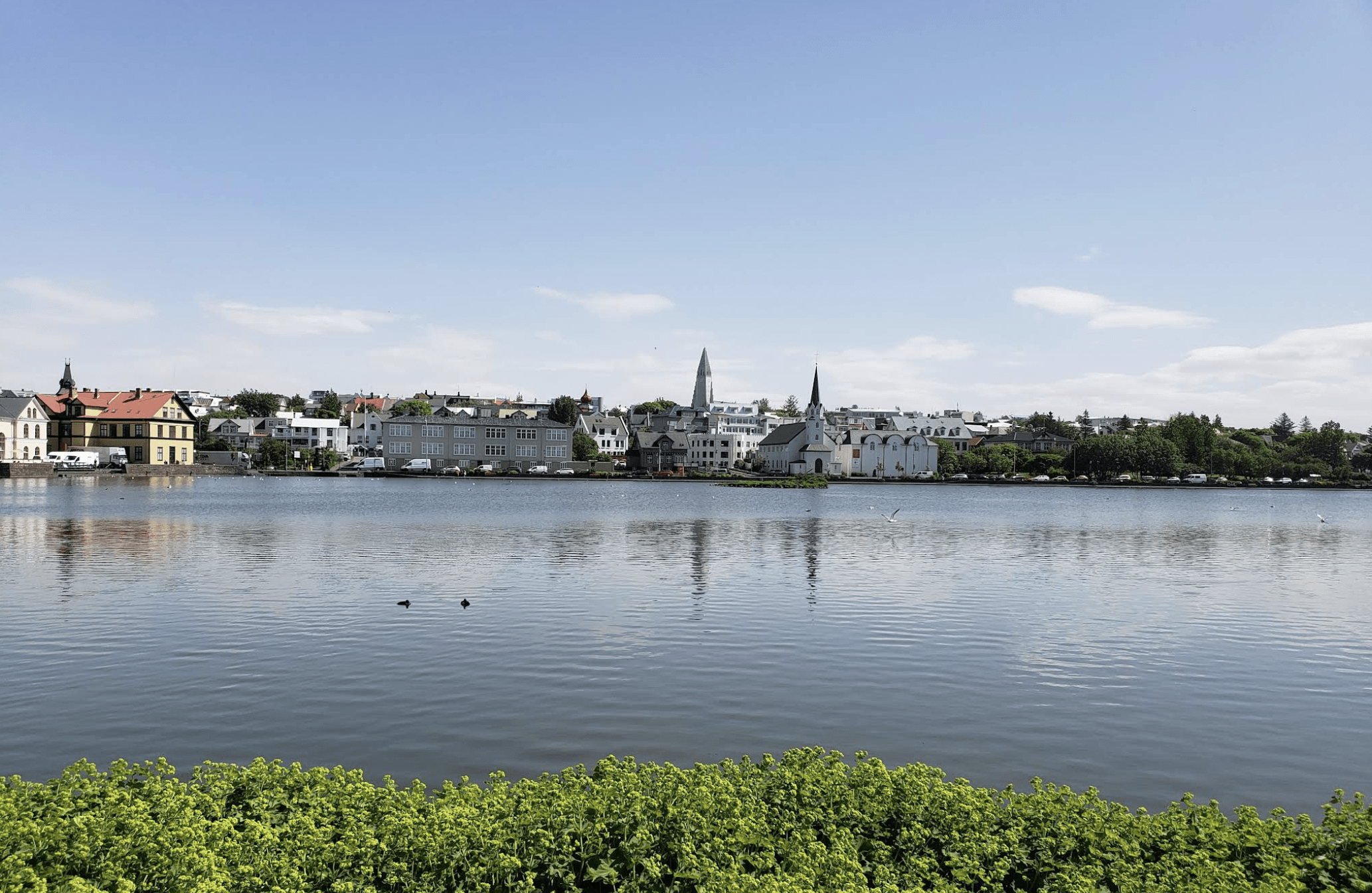
✅ The appearance of an ideal society
It is neither 'the rich getting richer' nor 'poverty with dignity'.
But rather that everyone has dignity after their efforts, successful people deserve respect, and ordinary people can also live with dignity.
This is not a dream, but a reality that Nordic people have already achieved.
This is why they are not anxious.
Not because of luck, but because of design.
